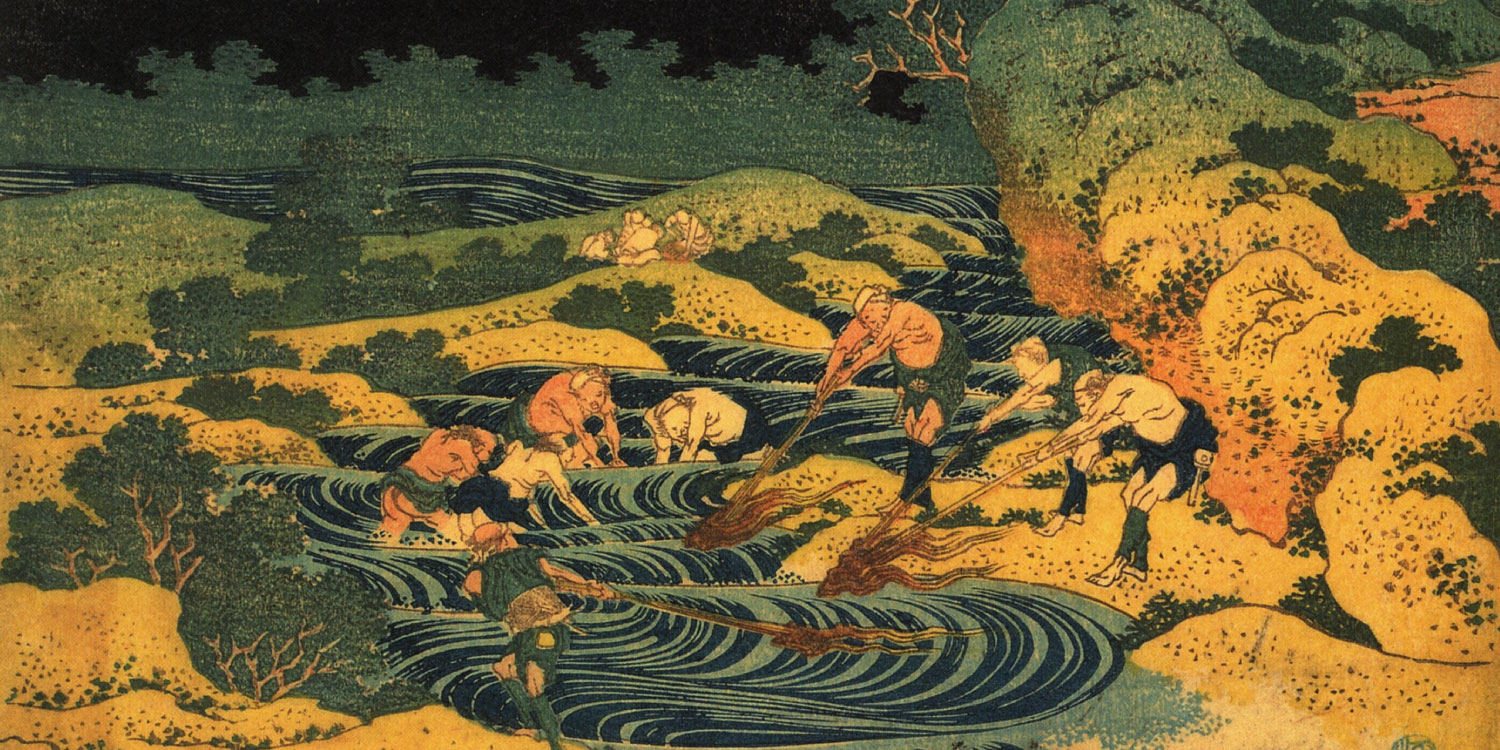“Recentering: Asian Spaces, Cultures and Ideas in the 21st Century”
If globalisation is characterised by simultaneous networks of information, has the concept of centres become obsolete? Or do certain recent geopolitical developments – the fading of America’s “global leadership” being counterbalanced by the rise of China’s, the latter’s new Belt and Road Initiative promising to become a new Silk Road, Britain’s exit from the EU, and the newly proposed trade agreements between Japan and Europe – put the world on the verge of a radical recentering? Will the burgeoning mega-cities in Asia displace the traditional nation-state in the competition for capital, status and enhanced technologies?
Scholars and students of the humanities have long questioned the extent to which shifts in formations of power – empires, countries, regions, cities – resonate through cultural practices that centre on literary and aesthetic meaning, expression and representation. This provokes further questions about how such centres can be identified, defined and represented; and about their relations of other types and modes of centering. Is cultural prestige dependent on political centrality? Or can it be achieved through the circulation of forms and aesthetics that operate in their own economy? For that matter, what is central to its meanings and valuations of culture?
What of the humanities themselves? Fears of their marginalisation are based on the assumption that they were once central, and that the only way to restore their former authority is to argue against their subordination to scientific, technological or vocational forms of education. Can the humanities find new life in multi- or cross-disciplinary frameworks? How can they survive the dominant trend towards more marketable or “useful” forms of education? What is central to the humanities? Should older disciplines such as Literature and Aesthetics reinvent themselves as it be Cultural Studies? Or should they now concentrate on comprehending their own historical genealogies in relation to current scholarly practices?
There is also the question of why, in the wake of postcolonial and transnational decenterings, do elite Anglo-American universities retain so much of their cultural capital? How might humanities redefine themselves if recentred in Asian institutions? Is it possible for the prevailing discourses of Western humanism to be combined with Asian values, goals and traditions? Could such a transformation help to rehabilitate the humanities’ current beleaguered status in America and Europe?
Our present historical moment compels us to think through the implications of these and other modes of recentering. The Asian Conference on Arts and Humanities 2018 provides an opportunity for academics, artists, writers and students to explore the challenges of multi-faceted and interdisciplinary rethinkings of the ways we imagine, articulate and work with centres.
While we invite proposals that deal with any aspect of recentering, we offer the following list of possible areas of exploration. It is by no means final or exhaustive; rather, we offer it to stimulate and provoke considerations of how the humanities can engage with ideas of recentering and decentering.
The Concept of Centres
- What is a centre? Do centres still exist in a globalised world?
- What new definitions have emerged of power and centrality?
- Can simultaneous networks of information be restricted to any specific location?
- Does the concept of place retain any relevance in a globalised world?
- Will space-time compression inevitably accelerate?
Historical and Geographical Centres
- The Silk Road(s) then and now: centres in motion.
- The growing urbanisation of humanity, particularly in Asia.
- Cities and metropoles as centres: from world city to global city to mega-city.
- Is the nation-state now obsolete? What might take its place?
- Is it now possible to define a genuinely cosmopolitan ethics?
Centres and/of Knowledge
- What lies at the centre of the humanities? Do they retain relevance in Asia or the West?
- What are specifically Asian modes of knowledge? Is the university itself an imported form?
- Can the humanities be recentred around specifically Asian values, goals, traditions?
- Can English language and literature studies be recentered as a multi-focal globalised lingua franca?
- Why in a decentred world has the elite Anglo-American academy retained such prestige?
The Self as Central
- How can memory be preserved as the locus of future-directed experience?
- What alternative relations of person to collectivity might be possible?
- Are there new definitions of transnational identity?
- How has gender been transformed through interaction with global capital?
- How are forms of knowledge gendered?
- How does gender function in the institutional structures of academia?
In conjunction with our Global Partners, we look forward to extending you a warm welcome in 2018.
– The ACAH2018 Organising Committee
- Venues & Location: Hyōgo Prefectural Museum of Art & Art Center Kobe, Kobe, Japan
- Dates: Friday, March 30, 2018 to Sunday, April 01, 2018
- Conference Theme: “Recentering: Asian Spaces, Cultures and Ideas in the 21st Century”
- Early Bird Abstract Submission Deadline: November 10, 2017**
- Final Abstract Submission Deadline: January 11, 2018
- Registration Deadline for Presenters: February 09, 2018
*Submit early to take advantage of the discounted registration rates. Learn more about our registration options.
Visit Japan
As the world’s largest continent continues to develop, so do its educational and academic needs, and as the global economy recentres towards the Asia-Pacific region, the relevance and significance of IAFOR as an interdisciplinary think tank for both Asia and the West grows. IAFOR’s Asian Conference Series, held in the cosmopolitan port city of Kobe, Japan, is the ideal forum in which to discuss emerging regional and global issues, and to keep up to date with the latest interdisciplinary research across a range of academic fields.
